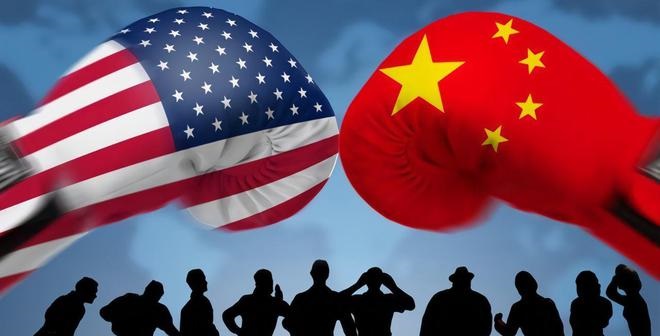
Over the past few years, the concept of "great power competition" has become a pillar for discussing the future of U.S. foreign policy. This concept largely transcends the ideological differences in Congress.
Compared with shortly after the collapse of the Soviet Union, the influence of the United States is relatively reduced. China and Russia are increasingly questioning the post Cold War international order. There are at least three risks in U.S. foreign policy around competition with these two countries. First, such a foreign policy reflects a concern that if the United States does not engage in extensive confrontation with China and Russia, the momentum of the relative decline of the United States will accelerate. Therefore, such a foreign policy may put Washington in a passive attitude. Secondly, proceeding from the framework of competition among big powers may lead to overreaction to the two competitors, thereby strengthening the friendly relations between China and Russia, which Washington has long sought to slow down. Third, such a foreign policy, which regards the pursuit of cooperation as a secondary consideration, may weaken the ability of the United States to respond to transnational challenges, including climate change and pandemics.
In considering how to deal with China and Russia, the United States should bear in mind that its competitive assets remain daunting. Neither the global financial crisis nor the new crown pandemic has weakened the central position of the US dollar as a reserve currency. The innovation ecosystem, the network of colleges and universities and the ability to attract outstanding students, researchers and entrepreneurs from all over the world remain unparalleled in the United States. The United States is a major producer of oil and gas. It is also the only country that can project power to any corner of the world. It also has a series of unparalleled alliances.
But these advantages are not self-sustaining, and each faces a certain degree of pressure. If Washington once again demonstrates its system's ability to respond to socio-economic challenges and enlists allies and partners to participate in actions to create a more resilient and responsive post epidemic order, Washington will have the best conditions to compete with China and Russia in the long run.
The debate in the United States on "great power competition" has covered up the real situation of evolving international affairs. The military and economic confrontation between the United States, China and Russia is important to geopolitics, but the extent to which other "big powers" seek alternative paths is also important to geopolitics. That is why alliances and economic partnerships are so important in an increasingly polarized world.
Since the United States has been subduing the frontal challengers (fascist Japan, Nazi Germany and later the Soviet Union) for most of the past half century, the United States believes that if the world does not have an unmistakable opponent, so that the United States can clarify its goals and confirm its values in confrontation, it will be difficult for the United States to adapt to such a world.
The Biden administration has a chance to change. The United States also has the opportunity to overcome the policy inertia of "looking for strategic opponents" for a long time. Priority should be given to Russia and the United States, not only at home and abroad.
In the end, the primary competitor of the United States is not China, Russia, nor the friendly relations between China and Russia, but itself.